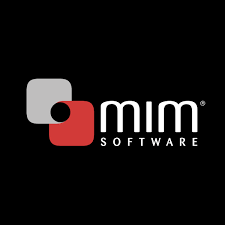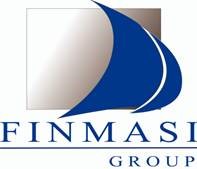
Our collection of resources based on what we have learned on the ground
Resources
Q&A
What are the types of permanent establishments (PE) in India?

- November 2012
- Members Access
There are three permanent establishments in India, which are as follows: Fixed Place Permanent Establishments - A fixed place of business, with a degree of permanence, at which business is wholly or partially carried out. Agency Permanent E...
Q&A
What are the important concepts in determining a permanent establishment (PE) in...

- November 2012
- Members Access
Important concepts in determining a permanent establishment include: Business Connection - If there is no business connection between a non-resident entity and a resident-entity, the resident entity may not be a permanent establishment of the non-...
Q&A
How to close wholly owned subsidiary (WOS) in India?

- November 2012
- Members Access
A wholly owned subsidiary can be wound up as per the guidelines issued by the act in consultation with Ministry of Corporate Affairs (MCA). The procedural aspects involved in winding up involve: Approval of Shareholders and Creditors; Affidavit f...
Q&A
For limited liability companies, what are the legal requirements for board meeti...

- November 2012
- Members Access
The Companies Act makes it mandatory for limited liability companies (including wholly owned subsidiaries) to hold a meeting of the board of directors every quarter. Minutes of these meetings should be approved and signed by the chairman, bound and a...
Q&A
For limited liability companies, what are the legal requirements for annual gene...

- November 2012
- Free Access
Requirements for an annual general meeting include: Shareholders who are unable to physically attend any annual general meetings may appoint any natural person as their proxy, with a minimum of two shareholders or authorized representati...
Q&A
What is the stance of foreigner participation in social insurance in China?

- October 2012
- Members Access
Cities, including Shenzhen, Beijing, Xiamen and others, have implemented local implementing rules requiring foreign employees to enroll in the social insurance scheme and contribute to some (if not all) of the insurances, while others have yet to imp...
Q&A
What are the advantages of outsourcing payroll processing in China?

- October 2012
- Free Access
The benefits of outsourcing payroll services may include: Greater transparency; Increased processing efficiency and accuracy; Increased confidentiality; Full compliance with all laws and regulations; Guaranteed continuity of service provision;...
Q&A
What are the employer?s obligations to pay for mandatory benefits in China?

- October 2012
- Free Access
In the monthly payroll process, employers are required to pay company contributions for all of their employees, as well as divert employees’ individual contributions from their paychecks to the Social Insurance Bureau. Based on central governme...
Q&A
How do human resources agencies lack in transparency of payroll processes hurt f...

- October 2012
- Members Access
Representative offices must recruit their Chinese employees through an agent (normally, a foreign enterprise services company), and such agents can also be quite useful for other foreign-invested entities on occasion. FESCOS generally have their own ...
Q&A
How are social insurance inspections carried out in China?

- October 2012
- Members Access
Social insurance inspections—and the penalties for being found out of compliance—are one major reason to ensure full accuracy in mandatory benefit contributions. Social insurance audit/inspection practices vary by city. In Shanghai, for e...
Q&A
How many different mandatory benefit types are there under Chinese law?

- October 2012
- Free Access
The different types of mandatory benefit can be categorised as follows: Medical Unemployment Housing Fund* (Foreigners are not required to pay housing fund depending on the city), Work-Related Injury Pension Maternity
Q&A
What is a foreign enterprise services company in China?

- October 2012
- Free Access
Many foreign-invested companies and representative offices in China have a contract in place with a foreign enterprise services company (FESCO) for labor dispatch, payroll and/or additional services for Chinese Employees.
Enquire for more information about our services, and how we can help solve challenges for your organization
Contact UsOur Clients
Discover our esteemed global clients across diverse sectors. We believe in providing our clients with exceptional service and a commitment to being their partner for growth in Asia.
See what our clients say about us



























